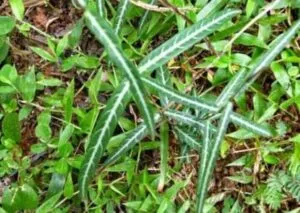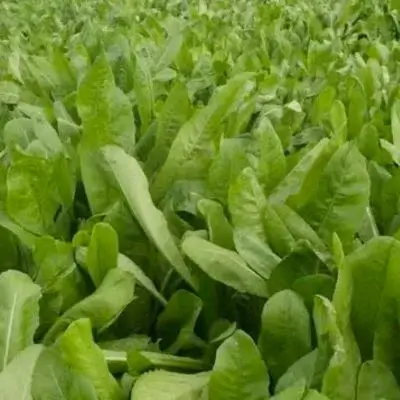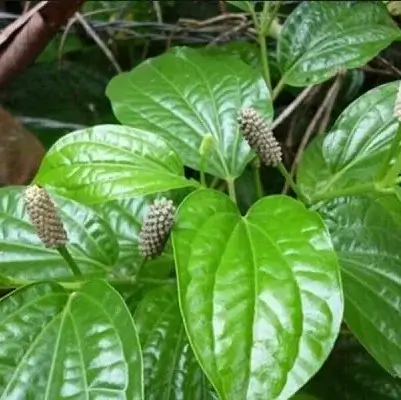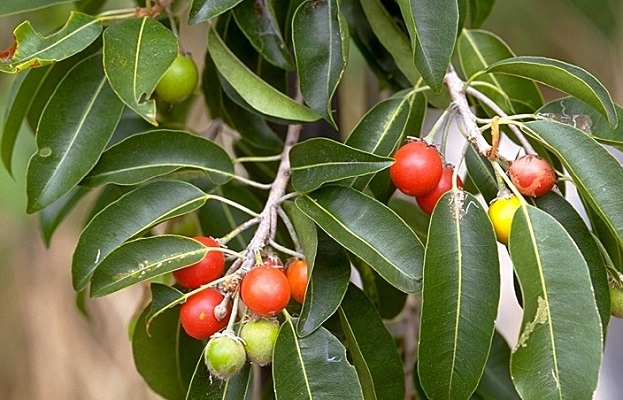On This Page
Sariva–Hemidesmus indicus
Introduction
Sariva is one of the most commonly available herbs in India. The name Sariva itself means that the plant is found everywhere especially in ground areas as a twinner. The genus name came from the word Hemidesmus which means half bond, so named in allusion to the subconnate filaments at their base-joint pods and connected stamens. Indicus means that the plant is native to India.
Institute of Applied Food Allergy, guided by Dr. Gupta , have been studying on readily available herbs for the purpose of alleviating allergic condition. Our experts studied on Sarivaand proven the plant’s therapeutic activities like Alterative,Tonic, Demulcent, Diaphoretic, Diuretic, Antiallergic etc. Sariva can be used in various diseases like skin disorders, Erysipelas, Diarrhea, Itching, Poisoning, Fever, Diabetes etc. The aqueous extract of the plant have renoprotective action and can be used to treat mitochondrial dysfunction of kidneys. The hydroethanolic extract of Sariva have showed higher anti arthritic activities. Our experts also proven that the ethanolic extracts of the plant have antigenotoxic potential.
Action of Sariva – Hemidesmus indicus in Allergies
Experts of IAFA have successfully proven the antiallergic property of the plant Sariva. The plant contains phytoconstituents like 2-hydroxy benzaldehye, 4-methoxybenzaldehyde, sterols, saponin, resinic acid, tannins, B-sitosterol, a and B-amyrins,lupeol, tetracyclic triterpene alcohols, fatty acids, glycoside and these aids in the antiallergic property of the plant. Sariva is useful against skin allergic conditions, Erysipelas and worm infestations.
Vernacular Names
| Sanskrit Name | Sankhapushpi, Supushpi, Bhulagna |
| Hindi Name | Shankhahuli |
| English Name | Speed wheel |
| Malayalam Name | Vishnukranthi |
| Kannada Name | Shankhavali |
| Marathi Name | Sankhavali |
Botanical Name
Hemidesmus indicus
Family
Asclepiadeaceae
Morphology of Sariva – Hemidesmus indicus
- Perennial prostate or twinning shrub
- Stems are numerous and tender
- Leaves are simple, opposite, elliptical oblong shaped
- Inflorescence is subsessile cyme
- Fruits are follicles
- Seeds are ovate oblong
Ayurveda reference of Sariva – Hemidesmus indicus

Geographical distribution of Sariva – Hemidesmus indicus
Grows all over India especially in South Indian states like Kerala and Tamil Nadu
Phytoconstituents of Sariva – Hemidesmus indicus
Roots contain essential oil whichpossess 2-hydroxy benzaldehye, 4-methoxybenzaldehyde, sterols, saponin, resinic acid, tannins, B-sitosterol, a and B-amyrins,lupeol, tetracyclic triterpene alcohols, fatty acids, glycoside.
Parts used of Sariva – Hemidesmus indicus
- Root
Dosage of Sariva – Hemidesmus indicus
- Powder(churna)- 3-6 g
- Decoction (kwatha)-60 ml
Medicinal Properties of Sariva – Hemidesmus indicus
- Kasa hara – relieves cough
- Dahahara-relieves burning sensation
- Vedanasthapaka-analgesic
- Sophahara – relieves swelling
- Vishaghna-antipoisonous
- Agnivardhaka- improves digestion
- Kushtaghna-Alleviates skin diseases

Have A Health Issue?
Consult Online
- Dr. Sahil Gupta (B.A.M.S., M.H.A.)
Ayurvedic Allergy Specialist
CEO & Founder of IAFA®
Home remedies of Sariva – Hemidesmus indicus
Ayurveda is an ancient system of medicine which focused on lifestyle modifications along with medicines in treating diseases. The treatment system adopted by Ayurveda is purely based on naturally available herbs. Sariva is available in all areas. The plant can be used to treat diseases like,
- In Skin diseases (Kushta) – The combination of Amalaki and Sariva is used for drinking, bathing, and external application to cure skin diseases
- In Erysipelas (Visarpa) –Decoction of Sariva and Amalaki is taken internally to alleviate Erysipelas.
- In Itching(Kandu)- bathing in Decoction of root of Sariva can cure itching
- In thirst(Thrishna)- The crushed pieces of roots are taken and it is added with water and then boiled. It is then taken.
- In Cough (Kasa) – Decoction prepared from root of Sariva is taken internally at a dose of 60ml per day.
- In Fever(Jwara)- Decoction of roots of the plant Sariva and Tulasi is taken daily at a dose of 60ml.
- In Burning sensation (Daha) – oral intake of Decoction of roots will alleviate burning sensation.
- In Breathing difficulty (Swasa) – Decoction of Sariva is taken along with honey.
Ayurveda is an ancient Indian system of medicine which uses herbs that are seen all around. Dr.Gupta’s IAFA have been conducting researches forthe past few years to find out different phytoconstituents of herbs and their action in body. Such knowledge acquired by our experts are used in preparation of medicines and providing better treatment . IAFA is the provider of safe and effective treatment for a wide range of diseases, mainly allergic diseases all based on Ayurveda.
Reach IAFA for safe herbal remedies for all your ailments!!!
Was this Page Helpful?
Read More Articles

Kasini (Cichorium intybus)
Know about the uses, benefits, and medicinal properties of Chicory, Kasini (Cichorium…








